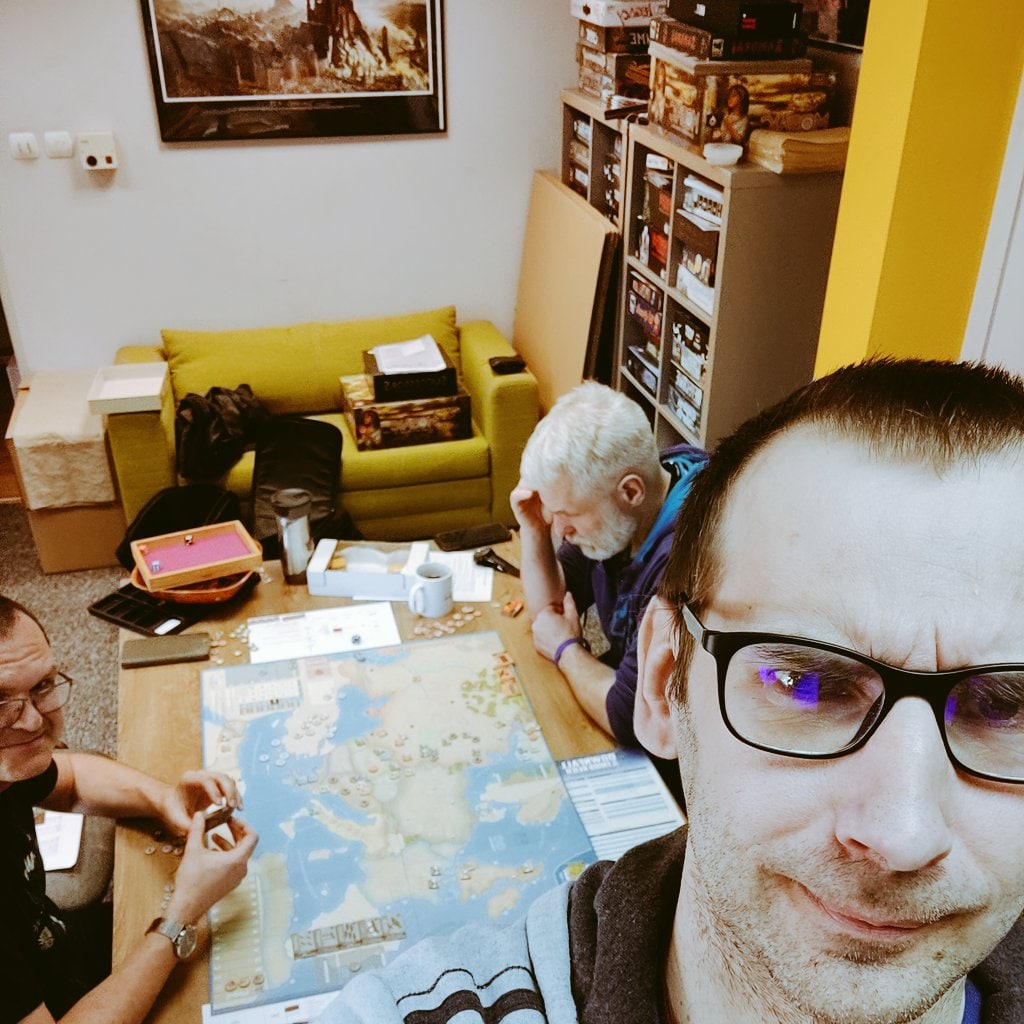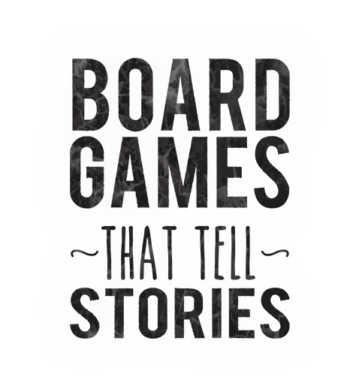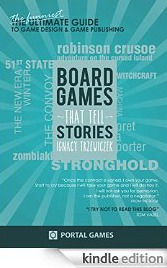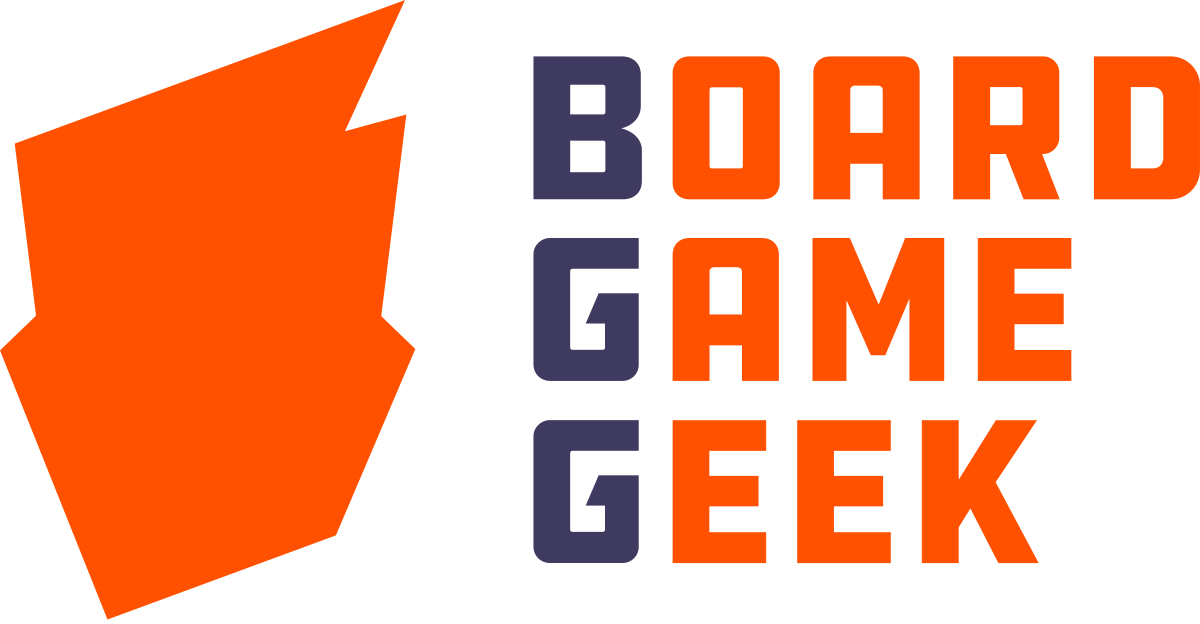
It had no right to succeed. Not that I wasn’t curious or intrigued. I wanted it to be a great experience, but I just knew it was bound to fail.
Even before it all started, I said: “After 45 minutes, I will stop listening to the rules explanation. I have my limit of information absorption, and it’s exactly 45 minutes.”
And, of course, he didn’t explain all the rules in 45 minutes. It took him another 15 minutes, but I stopped listening. I’m a wordy person—if I say I will process nothing more, I will process nothing more. I had to learn the rules of transporting ground troops with amphibious aircraft in practice when German soldiers landed on my shore in Plymouth.
Przemek, who was explaining the rules, wanted to make it easier for us. He prepared three A3 pieces of paper with tables describing the rules and actions of smaller factions in the conflict—Yugoslavia, Belgium, Greece, and a dozen other countries. Player’s cheat sheet. On three A3 pieces of paper. For some people, it’s helpful. For others, it’s a reason for a heart attack before the game.


 I strongly believe that good board game is the one that tells a good story. You play it and suddenly you are sucked into it, you feel chills on the skin. Emotions grow. In a moment you defend castle. You hear roar of warriors. You smell boiling oil. You are into it.
That's how I design my games. I always want to tell a good story. I want players to be into it. As deep as possible.
I strongly believe that good board game is the one that tells a good story. You play it and suddenly you are sucked into it, you feel chills on the skin. Emotions grow. In a moment you defend castle. You hear roar of warriors. You smell boiling oil. You are into it.
That's how I design my games. I always want to tell a good story. I want players to be into it. As deep as possible.



